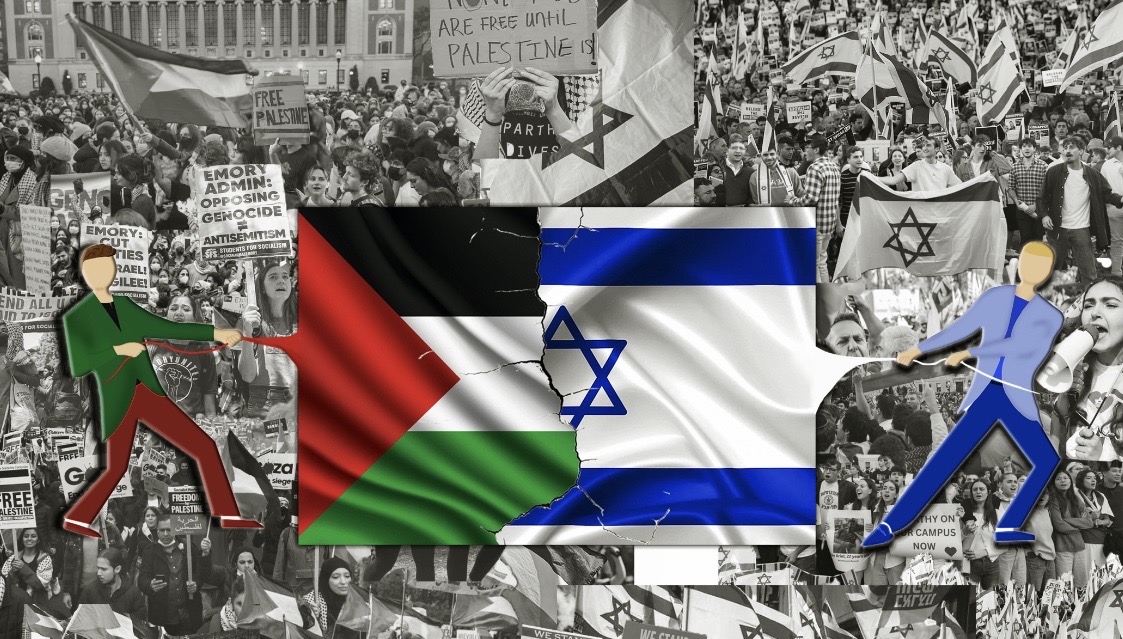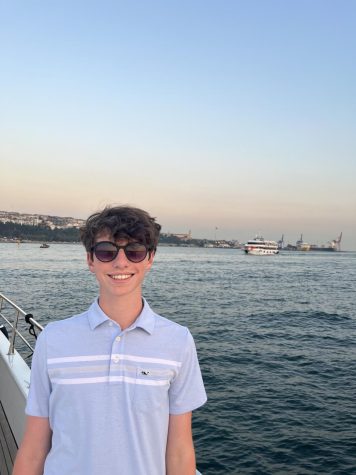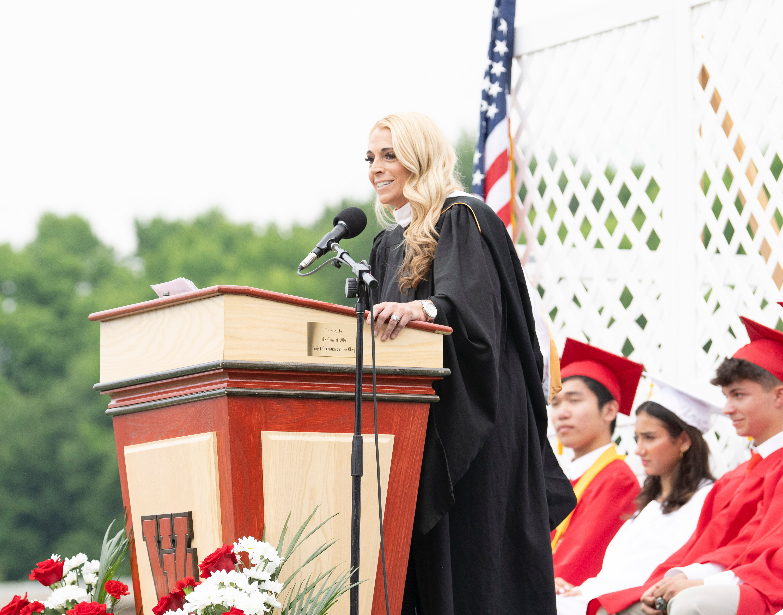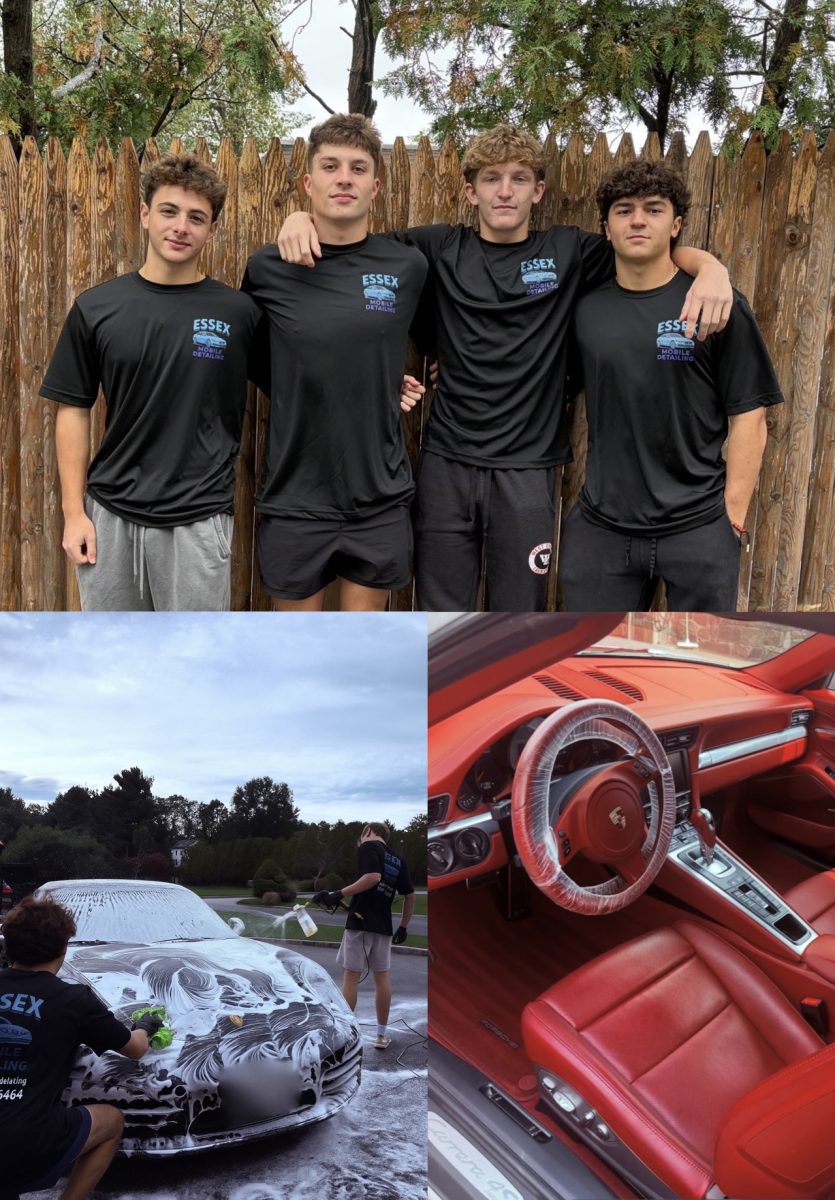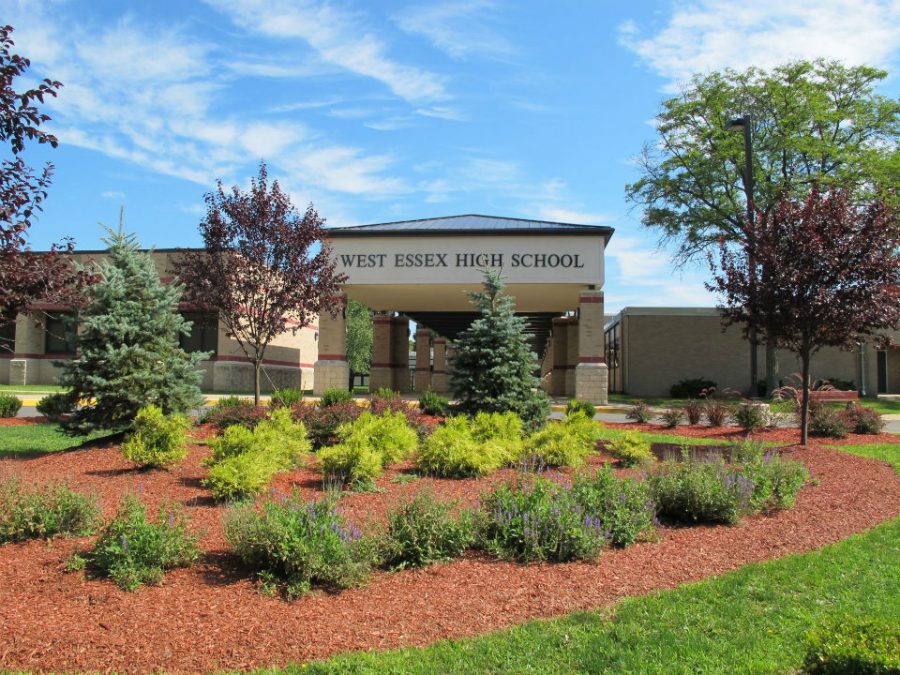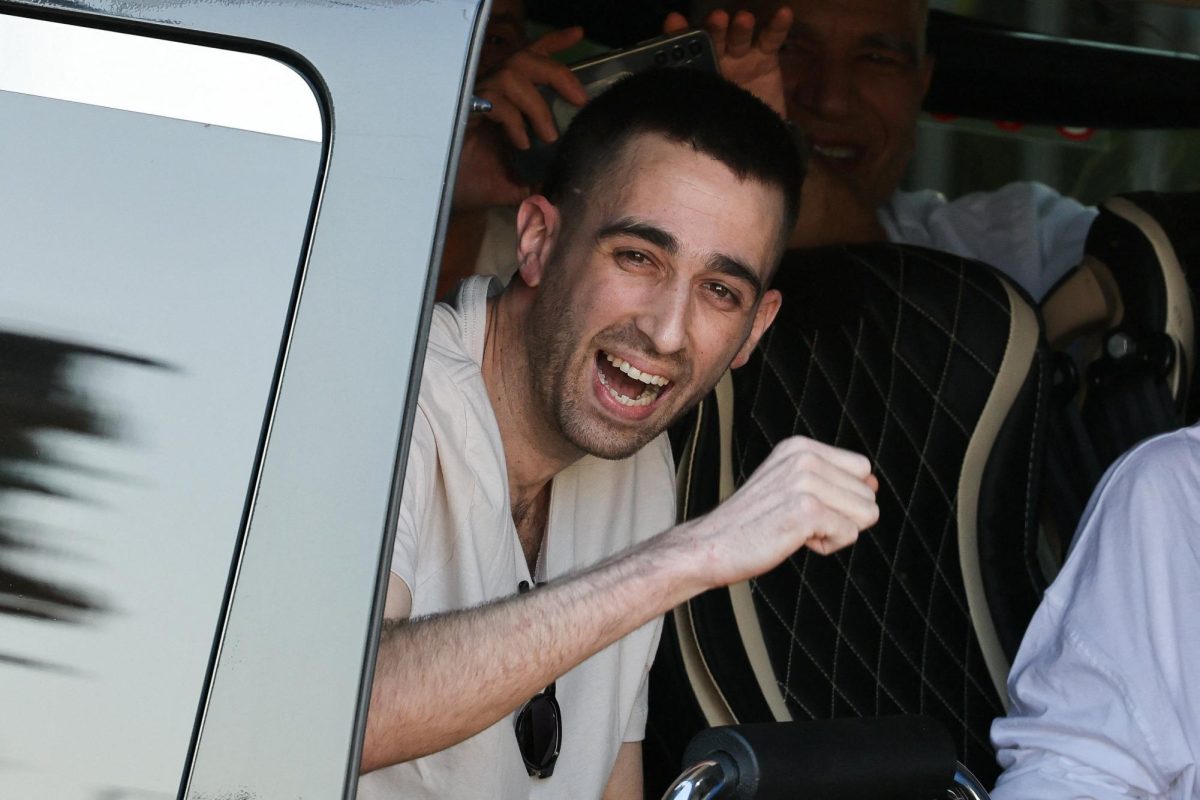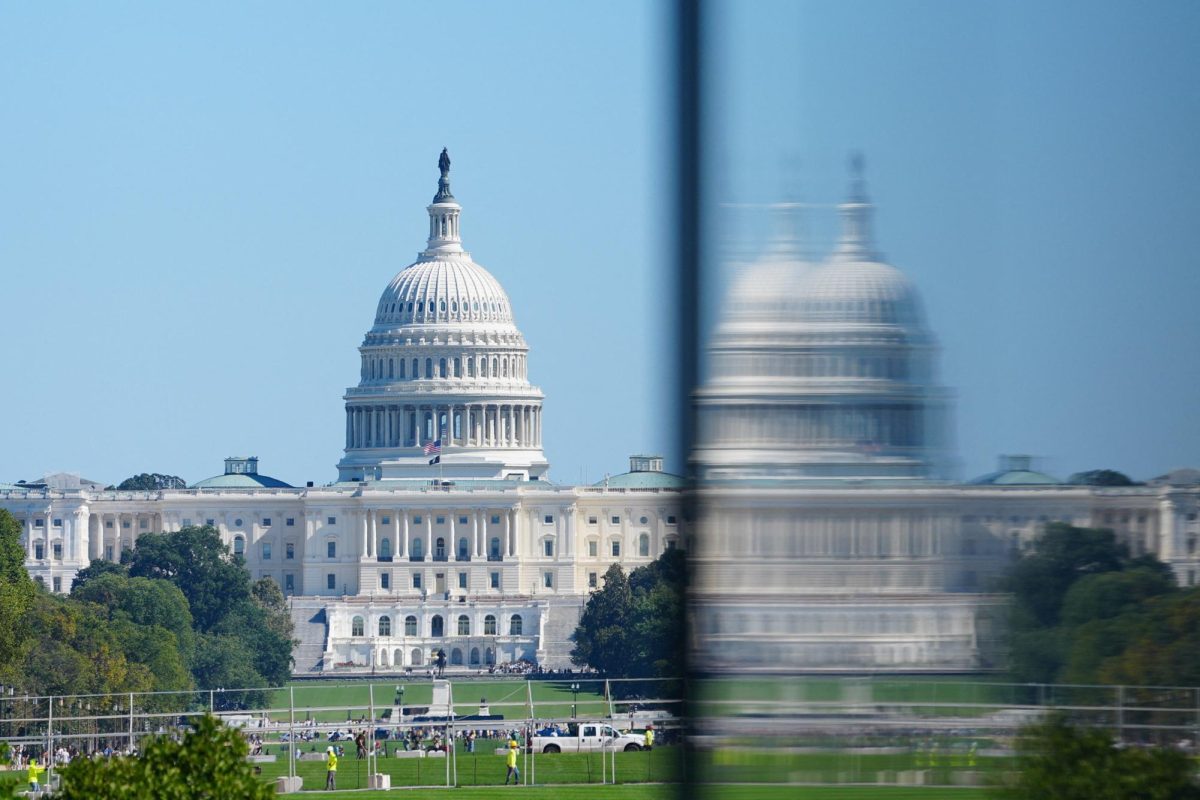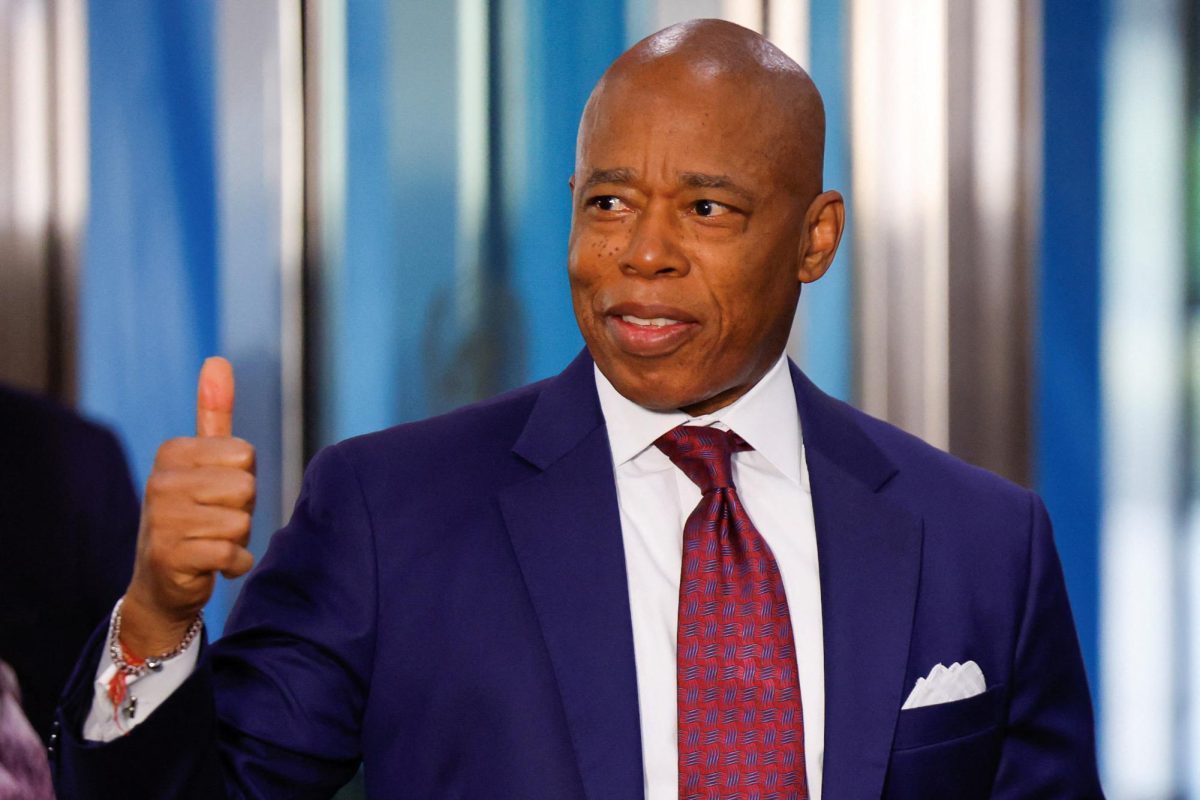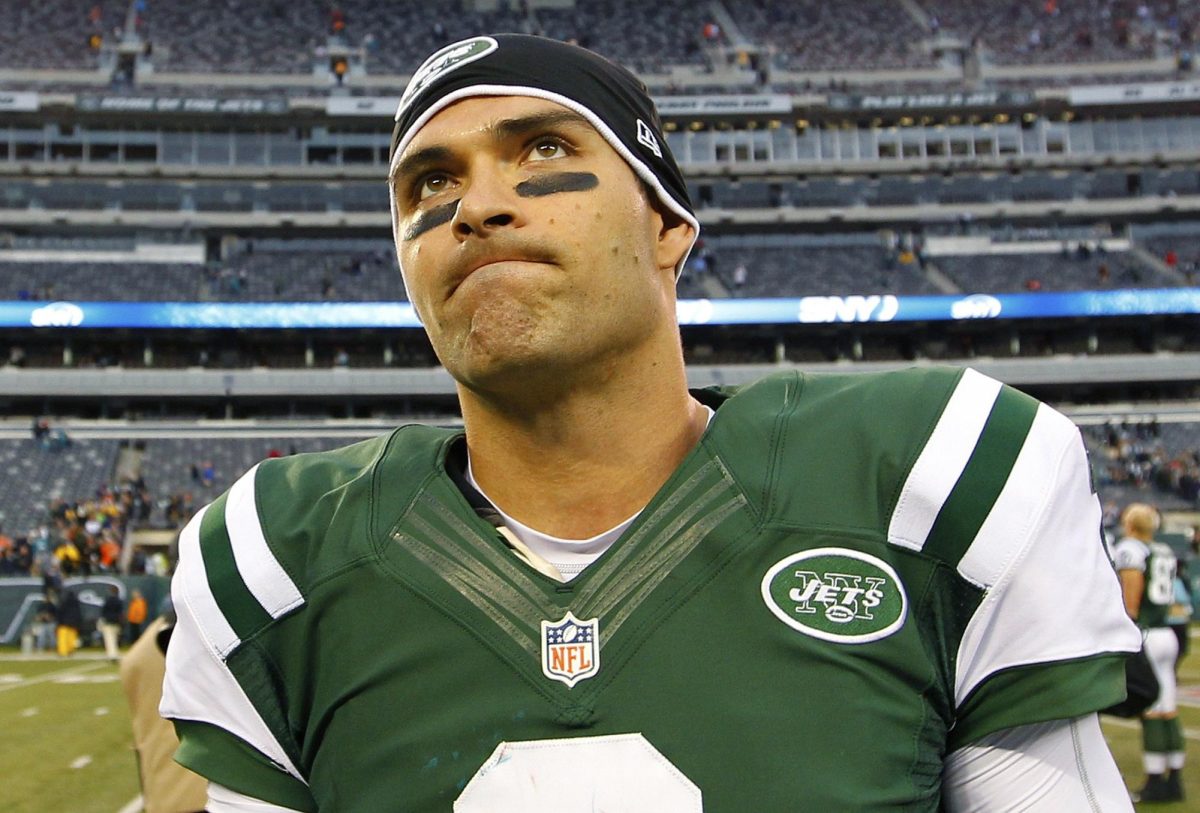After the most recent flareup of violence between Israel and Hamas last October, United States involvement has remained a contentious issue in the lead up to the presidential election. This tension has more recently trickled down into college campuses, as students nationwide have erupted in protest, demanding their university end investments in Israel or companies funding the nation. In response to this, counterprotests in support of Israel have also emerged and animosity is high.
These protests started on Columbia University’s campus this April, when pro-Palestinian protestors set up an encampment zone on the university’s property. The students are demanding divestment from Israel. To further emphasize their goals, students stormed Hamilton Hall, an administrative building, as part of the protest. The NYPD was then called by Columbia’s president to clear out the protestors. This action occurred after Jewish students fled the campus in fear and classes were moved online.
The protest at Columbia inspired students at dozens of other colleges and universities to follow their example, setting up their own encampments and blockades. Protests erupted at schools all across the country, with some of the most notable ones at University of California, Los Angeles (UCLA), University of Southern California (USC) and numerous Ivy League schools, according to a CNN article from May 1.
At USC, protests were sparked by the university’s banning of the valedictorian from speaking at their graduation ceremony due to remarks she made about the latest Israel-Hamas war, according to The Guardian on April 26. Soon after, USC canceled their entire main graduation to prevent the event from erupting into chaos. USC believed they were protecting students with their controversial decision.
Administrators have been grappling with protecting students’ right to free speech while also ensuring that school grounds are safe. This clash of ideals has led to a variety of responses from various university presidents. On one end of the spectrum, the University of Texas at Austin sent the state National Guard in conjunction with Governor Greg Abbott to disperse protesters they deemed violent. In an opposite reaction, the University of Michigan allowed an encampment to remain on campus for weeks without police involvement.
Jewish students nationwide have reported feeling unsafe and targeted by the protests. The Columbia chapter of Chabad, a Jewish student organization, urged students to leave to protect themselves. Some students that stayed on campuses have begun countering the Palestinian encampments with their own pro-Israel rallies. Tensions remain high between the groups as the fighting continues in the Middle East with no end in sight.
These protests occur at a crucial time in President Biden’s re-election campaign. Biden has lost support in battleground states like Michigan, but it is not yet clear how this will affect Election Day. The way the election will play out is uncertain, but one thing is clear: Young people are not afraid to demonstrate their beliefs.
